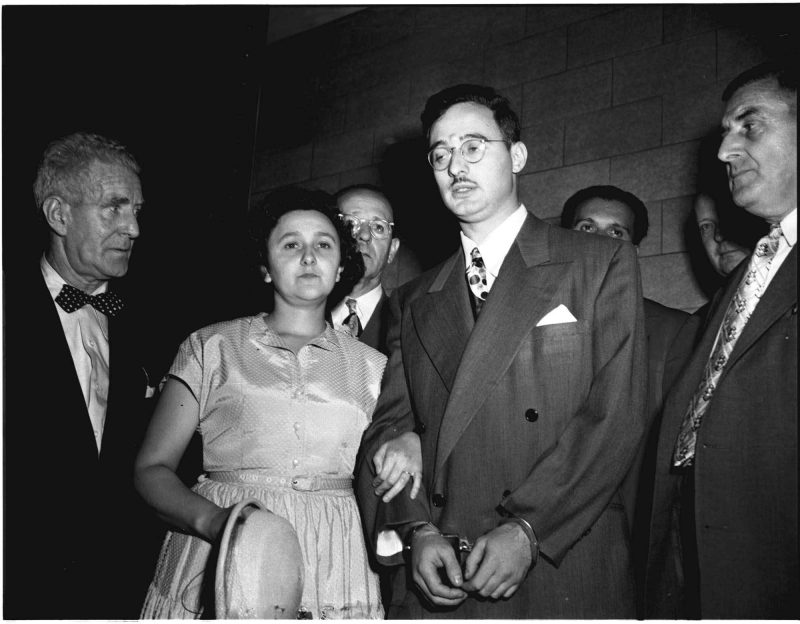A federal indictment of former president Donald Trump was unsealed Friday, revealing that Trump has been charged with 31 counts of willful retention of national defense information, among other charges, in the classified documents investigation led by special counsel Jack Smith.
As soon as news came out that Trump would be charged under the Espionage Act of 1917, comparisons to other famous defendants under the act followed.
“From history, here are a few of those convicted under Espionage Act of 1917: Aldrich Ames, Ethel and Julius Rosenberg, Jonathan Pollard, Larry Wu-tai Chin, Eugene V. Debs,” tweeted Michael Beschloss, a presidential biographer and frequent guest on MSNBC. The Rosenbergs were executed, and most of the others got life in prison, some Twitter users gleefully noted in reply.
But while it’s true those historical figures were convicted under the Espionage Act, the list is misleading. The Espionage Act is a wide-ranging and oft-amended law, covering the most serious spying charges and crimes that are not espionage.
Regardless of your opinion of the Espionage Act today, it has a somewhat dubious pedigree. Passed in 1917 to protect against interference in military operations, it first was used to prosecute anyone who spoke out against World War I, under the auspices that doing so was “aiding the enemy.” The socialist congressman Victor L. Berger, the anarchist activist Emma Goldman and the Christian leader Joseph F. Rutherford all were imprisoned under the act. A 1919 Supreme Court case challenging the law on First Amendment grounds failed.
Though its most controversial provisions soon were repealed, the law as a whole still stands. It was broadened in the 1930s and reorganized to its current statues in the 1940s. Penalties for violations also have been steadily increased over the years.
Julius and Ethel Rosenberg were accused in 1950 of giving nuclear secrets to the Soviets. Trump’s charges do not rise to that level.
(As of 2022, the Rosenbergs’ sons maintain their mother’s innocence.)
Ames, Pollard and Chin were similarly charged with taking classified information and giving or selling it to foreign states. Ames gave secrets to the Soviet Union and Russia and was sentenced to life in prison. Pollard sold classified information to Israel and was also sentenced to life in prison, but he was released in 2015 after serving nearly 30 years. He now resides in Israel. Chin was convicted of giving secrets to China and died by apparent suicide before he was sentenced.
Thus far, there is no evidence or claim that Trump gave any of the classified documents found at Mar-a-Lago to foreign actors, though the indictment says he showed documents to three people on two occasions. The recent high-profile case of National Security Agency contractor Reality Winner — whom the Trump Justice Department convicted under the Espionage Act for giving a classified document to a news outlet — is a closer analogy, though still imperfect. Winner served four years in prison.
Debs is an interesting case in regards to Trump, though not for any similarities in their cases or their politics: A socialist convicted of speaking out against the military draft, Debs is the reason we know it’s possible for someone to run for president from prison. Debs did it in 1920 and received 6 percent of the vote.

